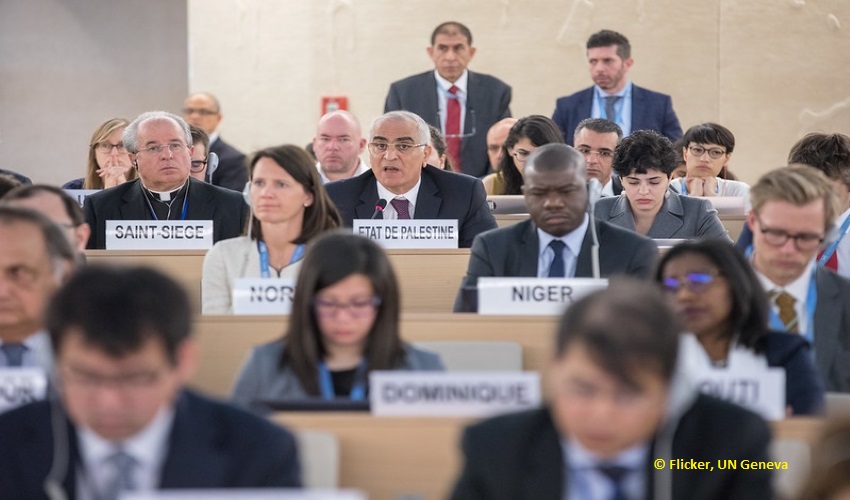

The UN Human Rights Office (OHCHR) and the International Organization for Migration (IOM) urged the Pacific States to cater to the basic needs of migrant workers, including basic healthcare and minimum income support to help them survive the trying times.
The UN Human Rights Office (OHCHR) and the International Organization for Migration (IOM) urged the Pacific States to cater to the basic needs of migrant workers, including basic healthcare and minimum income support to help them survive the trying times. Amid the ongoing Covid pandemic outbreak many migrants lost their job, and did not have sufficient funds to feed their families and meet their medical needs.
The UN Human Rights agency called for Pacific nations, mainly Australia and New Zealand, which hosts millions of migrants from the region, to support the seasonal workers amid the ongoing crisis as they were hit the hardest in the global pandemic. As per the estimates, about 330,000 Pacific-based people live overseas, whereas an additional 2.7 million migrants with temporary visa live in Australia and New Zealand.
The UN Human Rights office in its statement highlighted how sealed border, travel restrictions to exit or enter the country, expired working visas and business shutdown resulting in rise in unemployment impacted the lives of migrants, leaving them with limited access to alternative livelihood options, and basics like food and shelter. The agency has urged the government authorities to help migrants especially during the Covid-19 crisis, which has affected them both physically and mentally.
Thomas Hunecke, the OHCHR Officer-in-Charge for the Pacific said, “Human rights-based responses to the COVID-19 crisis are vital in ensuring that all migrants, regardless of their status, have access to basic social security such as healthcare and essential income support.” Hunecke said, “These should be an integral element of the COVID-19 response in the Pacific. In particular, we are concerned that the lack of inclusive income security measures means that many migrants and their families with little reserves would be hardest hit by unemployment and rising prices.”
It is important to acknowledge that migrants have played a vital role in supporting countries during the COVID-19 crisis and that safe migration should be part of the recovery process
Pär Liljert, IOM Pacific Coordinator.
“This could be a potential solution for Pacific countries that receive significant GDP contributions from remittances, but equally for countries of destination by filling critical labour market gaps including in essential services like food production,” Liljert said.
“At the heart of addressing COVID-19 and building back better are policies and programmes that guarantee the health and safety of migrants, with inclusive public health responses and socioeconomic recovery packages.”
As the long process of protecting and rebuilding economies adversely affected by the COVID-19 pandemic gets underway, OHCHR and IOM are calling on States in the Pacific to ensure that their response measures effectively address the disproportionate impact that this public health crisis has had on people and communities who are already in marginalized and vulnerable situations
Thomas Hunecke, the OHCHR Officer-in-Charge for the Pacific
The Martz Gold Line workers in Maryland marched out one early Thursday morning for the strike. They made their point…
Under a new partnership Ghana and the World Bank work to develop a Growth and Jobs Strategy that opens up…
Google has made remote work limits stricter by telling its workers that office work is required or they could risk…
The legislature of Connecticut has planned to move forward with the bill that would provide unemployment benefits to the people…
British Steel has issued the layoff notice of 2,700 employees, giving the steelworkers great relief. With the UK government intervening…
According to Reuters energy major ConocoPhillips says it will cut staff as a major result of its $23 billion purchase…
This website uses cookies.
Read More